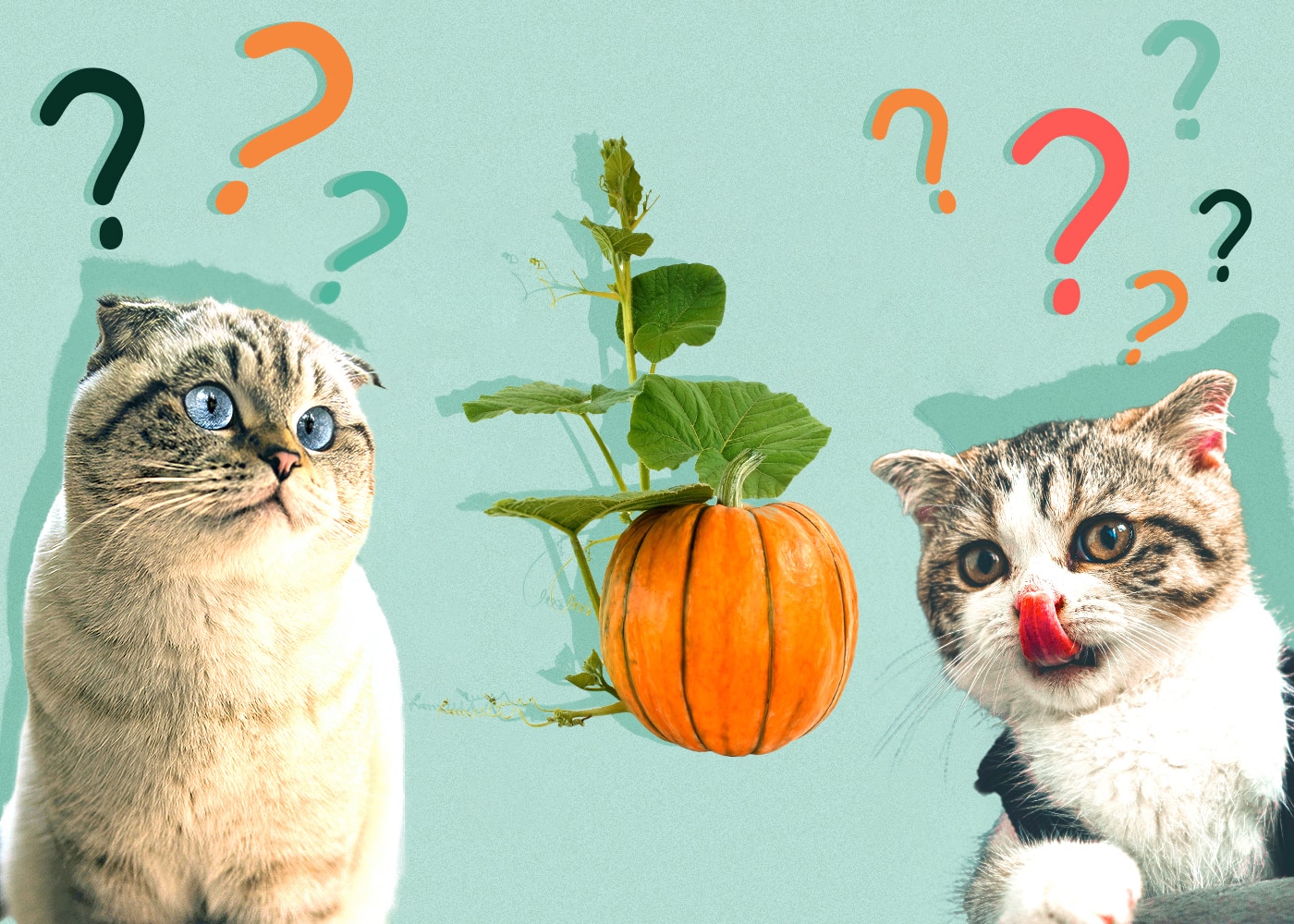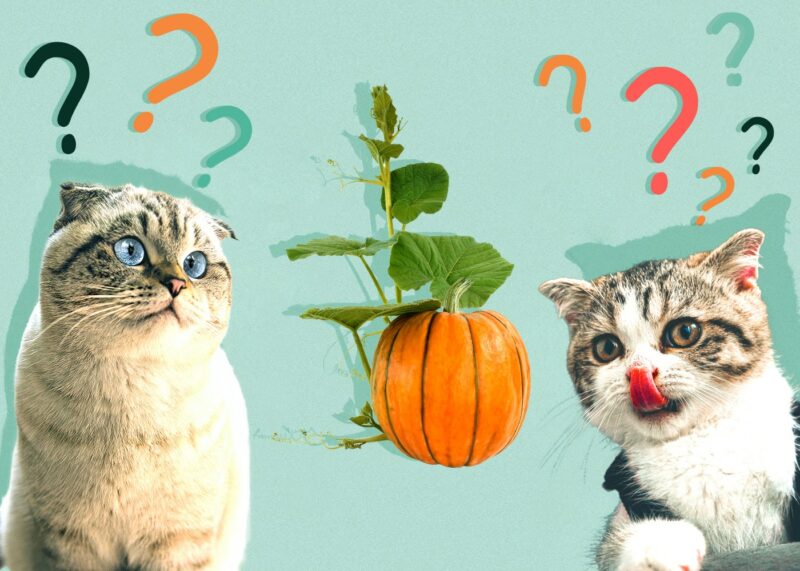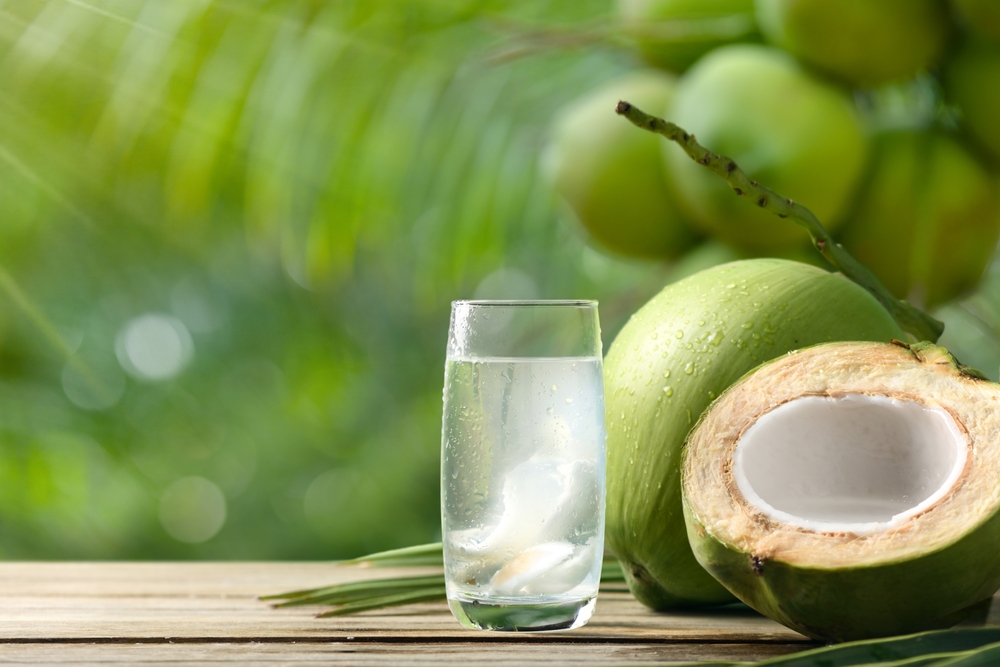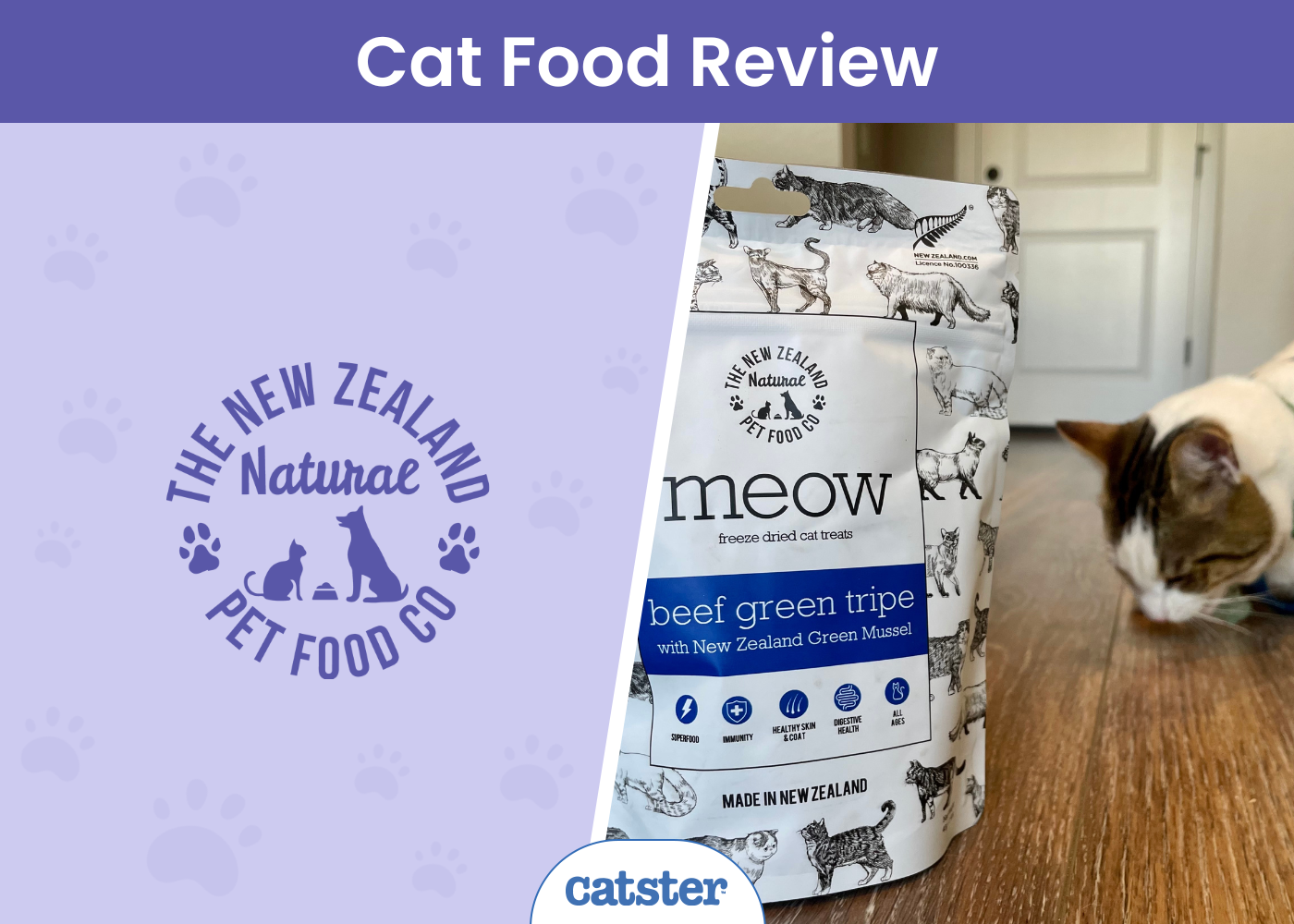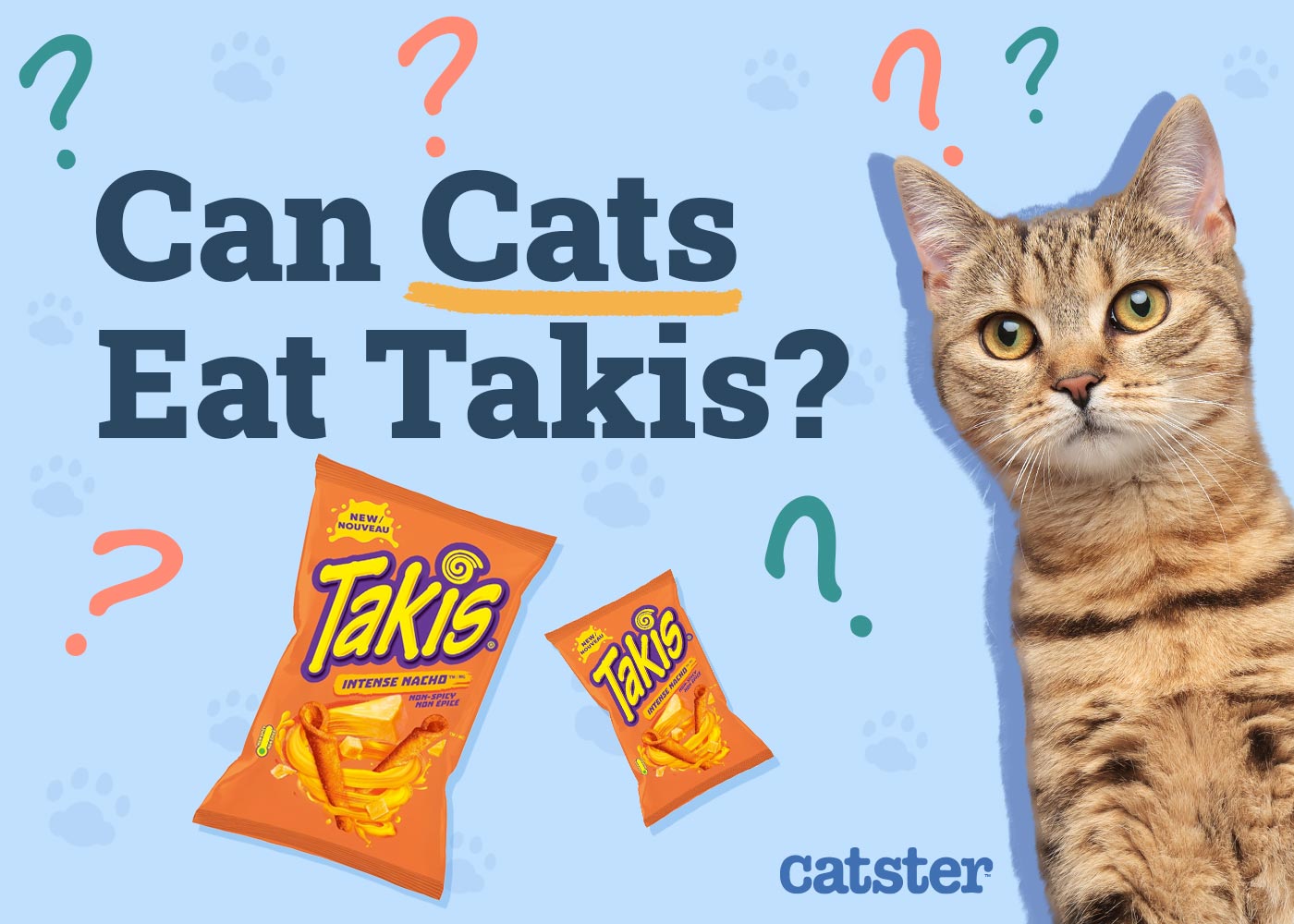Click to Skip Ahead
Yes, cats can eat pumpkin. It isn’t suitable as their whole diet or even most of their diet. However, it can be a nice treat or be used in specific circumstances to add nutrients to your cat’s diet. Pumpkin has been used as a home remedy for a few minor conditions as it is a healthy source of fiber for a cat.
As obligate carnivores, though, our cats truly don’t need pumpkin. Most of their diet should be made of meat.
If your feline grabbed some pumpkin off the counter, then you don’t have anything to worry about. However, that doesn’t necessarily mean you must feed your cat pumpkin. In this article, we’ll take a look at the benefits and risks of feeding your cat pumpkin as a snack.
Canned Pumpkin vs. Pumpkin Pie Filling
Before we get into the meat of this article, it is important to understand that we are talking about plain pumpkin – not pumpkin pie filling. Both of these foods come in cans and can look very similar. However, they are actually very different.
Pumpkin pie filling has many things added to it, including a lot of sugar. Canned pumpkin is just plain, unsweetened pumpkin puree. Many of the things added to pumpkin pie filling are not suitable for our cats. For this reason, we recommend avoiding it whenever possible.
Instead, choose natural or plain pumpkin in a can. Be sure to check the ingredient list to ensure that it really is plain pumpkin.
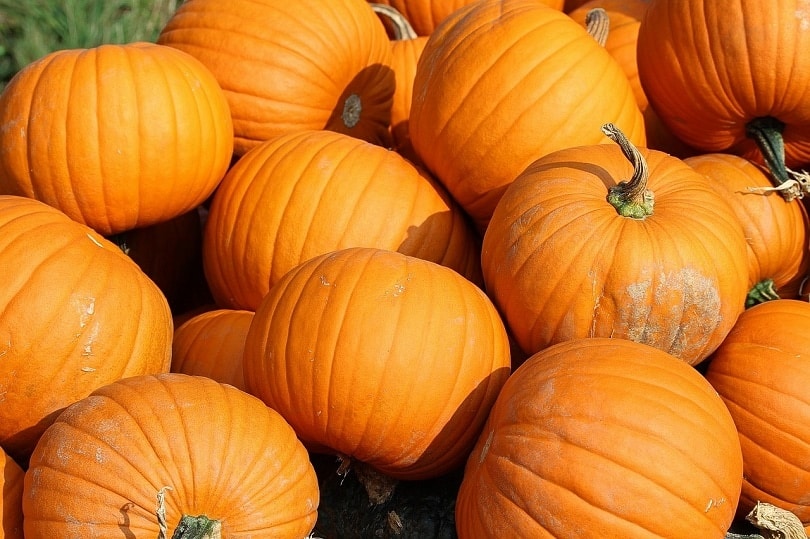
Pumpkin Health Benefits for Cats
Pumpkin includes a lot of fiber. It is a good source of fiber for cats. If your feline is constipated, they may need extra fiber in their diet. Pumpkin is an easy way to add some extra fiber.
It is truly only suitable for mild cases of constipation, though. If the constipation is severe, your cat likely needs prescription medication from the vet. Of course, it can be hard to figure out if you’re dealing with a minor or severe case at home. For this reason, we still recommend speaking to your vet – even if they end up recommending extra fiber for the problem.
Because of all the added fiber, pumpkin is also very heavy. It fills cats up quickly and helps them stay full for longer. If your cat is overweight, this can be a helpful way to help them lose some of this weight. A change in diet and increased activity is usually called for as well, though. You can’t just give your feline pumpkin and expect them to lose weight.
If your cat does need to shed some weight, please speak to your veterinarian for a plan. Cats need to lose weight very slowly to avoid developing fatty liver disease.
Pumpkin is high in many vitamins as well. However, commercial cat foods have enough vitamins for our felines, so they do not typically need their diet to be supplemented.
These vitamins alone are likely not a good enough reason to add pumpkin to your cat’s diet.
Potential Downside of Feeding Pumpkin to Your Cat
No food is perfect, and pumpkin is no different. It is a generally safe for cats to eat – as long as it is plain pumpkin.
If your cat eats too much pumpkin, it may upset their stomach. You should not feed your cat very much pumpkin at all. Diarrhea is possible as your cat’s stomach gets used to the new addition to their diet. You may also need to change the serving size if you notice these symptoms.
Furthermore, pumpkin can be very filling. This is helpful in some situations. However, if can also prevent cats from eating other foods. If they don’t eat enough of other foods, this can cause nutritional problems. Pumpkin doesn’t provide them with everything they need, after all.
Can Cats Eat Pumpkin Every Day?
As with every other new ingredient, you should introduce pumpkin in very small amounts to your cat’s diet and observe their response. But, yes, you can feed your cat a small amount of pumpkin every day. You don’t have to feed them a small amount of pumpkin every day. However, as long as you’re only feeding them a small amount, there is no reason you can’t.
If you are feeding pumpkin to your cat to help with diarrhea or constipation but you see no results after three days, you should take your feline to the veterinarian for a check. Chances are good that they may need some medication.
How Do I Prepare Pumpkin for My Cat?
You can feed them plain boiled pumpkin pieces, plain pureed pumpkin, or plain canned pumpkin. You should not feed them the skin. Instead, you should feed them the flesh after it has been cooked.
Canned pumpkin is often the easiest option. You should check to ensure there isn’t any extra additives to the pumpkin, though. Some canned pumpkin includes added ingredients.
Conclusion
Cats can eat pumpkin occasionally, as long as it is plain pumpkin and not pumpkin pie filling. Pumpkin can be a great addition to your cat’s diet if they need some extra fiber or are constipated. However, it’s important to speak to your vet if you think your cat is constipated or needs more fiber.
See also:
Featured Image Credit: Catster.com

